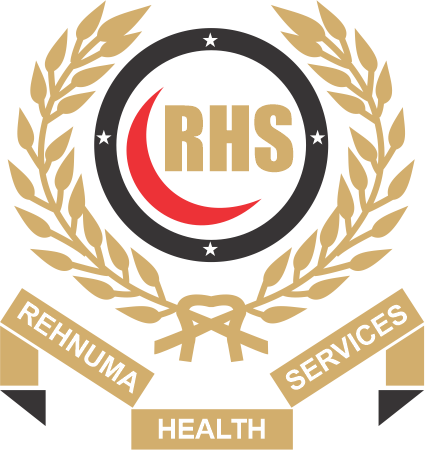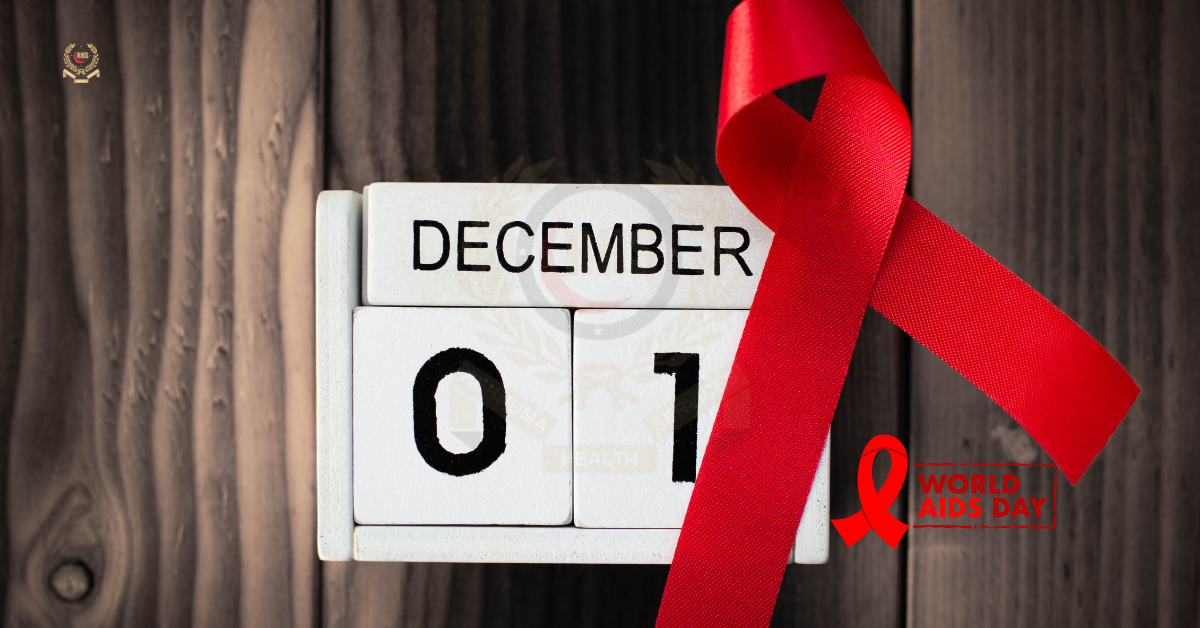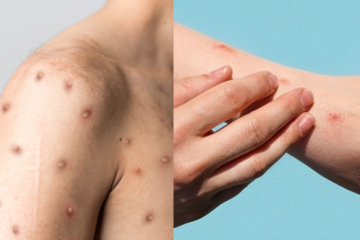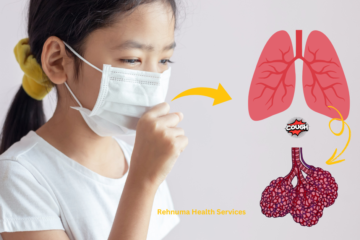World AIDS Day 2024, observed on December 1st, is a global initiative to raise awareness about HIV/AIDS, commemorate those who have lost their lives, and renew our commitment to combating the epidemic. This year’s theme, “Ending the Epidemic Together,” emphasizes the importance of collaboration and innovation in addressing HIV/AIDS challenges worldwide.
What is World AIDS Day?
Established in 1988 by the World Health Organization (WHO), World AIDS Day is one of the eight official global public health campaigns. It provides an opportunity for people to show solidarity with individuals living with HIV/AIDS, promote awareness, and advocate for equitable access to prevention, treatment, and care.
Key Goals of World AIDS Day 2024
1. Raising Awareness
Educating communities about HIV/AIDS remains a cornerstone in the fight against the epidemic. Awareness campaigns aim to dispel myths surrounding HIV transmission, encourage safe practices, and promote regular testing. By providing accurate information, communities can reduce the risk of new infections and foster a culture of proactive health management. Outreach programs in schools, workplaces, and online platforms are vital in reaching diverse audiences, ensuring everyone can access life-saving information.
2. Combating Stigma
Stigma and discrimination are among the biggest barriers faced by individuals living with HIV/AIDS. Misconceptions often lead to isolation, mental health challenges, and reluctance to seek medical care. World AIDS Day 2024 focuses on fostering empathy and acceptance by sharing real-life stories and experiences of people living with HIV. Advocacy campaigns emphasize the message that HIV is a manageable condition with the right treatment and support, encouraging society to eliminate prejudice and embrace inclusivity.
3. Encouraging Global Collaboration
The fight against HIV/AIDS requires a united effort. Governments, healthcare organizations, non-profits, and individuals must come together to strengthen health systems and expand access to prevention, testing, and treatment. Global collaboration involves sharing knowledge, resources, and best practices to bridge gaps in healthcare services. By addressing inequalities and reaching underserved communities, we can move closer to achieving the ambitious goal of zero new infections worldwide.
4. Advancing Research
Scientific innovation is pivotal to the long-term eradication of HIV/AIDS. World AIDS Day 2024 highlights the importance of funding and supporting cutting-edge research to develop more effective treatments, preventive measures, and a potential cure. Breakthroughs in antiretroviral therapy (ART) have transformed HIV into a manageable chronic condition, but ongoing research is needed to make treatments more accessible and less burdensome. Additionally, efforts are underway to explore vaccines, gene therapies, and other advanced solutions that could revolutionize HIV care. Collaborative research initiatives between nations, institutions, and private sectors ensure that progress continues at an accelerated pace.
The Global Impact of HIV/AIDS
HIV/AIDS continues to be a significant global health challenge, affecting millions of lives and placing immense strain on healthcare systems worldwide. As of 2023, UNAIDS reported that approximately 38.4 million people were living with HIV, with 1.5 million new infections occurring each year. These numbers underline the persistent challenge of preventing, diagnosing, and treating the virus, despite decades of dedicated efforts and progress in medical research.
1. The Human Toll
The impact of HIV/AIDS is not just limited to physical health; it affects individuals emotionally, socially, and economically. Many people living with HIV face stigma and discrimination, which can lead to isolation, depression, and reduced access to essential services. In some regions, cultural and societal barriers exacerbate these challenges, making it harder for individuals to seek testing or treatment due to fear of judgment or ostracization.
2. Advancements in Antiretroviral Therapy (ART)
Antiretroviral therapy (ART) has revolutionized the management of HIV/AIDS, enabling people to live longer and healthier lives. ART suppresses the virus to undetectable levels, reducing the risk of transmission and improving the quality of life for those infected. However, while ART has been a game-changer, disparities in healthcare access prevent many individuals, particularly in low-income and resource-limited settings, from benefiting from these advancements.
3. Regional Disparities
HIV/AIDS disproportionately affects certain regions, particularly sub-Saharan Africa, where the prevalence remains alarmingly high. Factors such as poverty, limited healthcare infrastructure, and lack of education contribute to the continued spread of the virus. In contrast, high-income countries with better healthcare access and awareness have seen a decline in new infections and improved outcomes for people living with HIV.
4. The Economic Burden
The economic burden of HIV/AIDS is immense, affecting both individuals and nations. Families often face financial hardship due to medical costs, loss of income, and care responsibilities. At the national level, HIV/AIDS impacts workforce productivity and diverts resources from other critical areas of public health and development.
Moreover
Despite the challenges, the global fight against HIV/AIDS has seen remarkable achievements, from widespread awareness campaigns to international funding initiatives like the Global Fund to Fight AIDS, Tuberculosis, and Malaria. However, achieving the goal of ending the epidemic requires sustained effort, increased investment in healthcare, and a collective commitment to tackling stigma, improving education, and expanding access to life-saving treatments.
HIV/AIDS is more than a medical condition it is a social, economic, and cultural issue that demands a unified global response. By addressing these multifaceted challenges, the world can move closer to eliminating the epidemic and creating a healthier, more equitable future for all.
How to Get Involved
World AIDS Day is an opportunity for everyone to contribute to the cause. Here’s how you can make a difference:
- Educate Yourself and Others: Learn about HIV/AIDS through reliable sources and share knowledge in your community.
- Participate in Events: Join local or virtual events, such as awareness campaigns, fundraisers, or candlelight vigils.
- Advocate for Policy Changes: Support policies that promote equitable access to healthcare services for all.
- Donate to Organizations: Contribute to nonprofits and initiatives to end the HIV/AIDS epidemic.
The Role of Healthcare in Ending HIV/AIDS
Primary healthcare systems play a crucial role in combating HIV/AIDS. By integrating HIV services into community-based health programs, we can ensure early detection, prevent transmission, and provide continuous care. Initiatives like home-based nursing services, routine health monitoring, and patient education are critical components of this effort.
Conclusion
World AIDS Day 2024 reminds us that while significant progress has been made, the journey to ending HIV/AIDS is far from over. Together, through education, compassion, and collective action, we can achieve a future free of HIV. Let us stand united in solidarity with those affected and take meaningful steps toward a healthier world.
Join the conversation and help spread awareness this World AIDS Day! Together, we can make a difference.
For related healthcare services and updates, visit Rehnuma Health Services.




